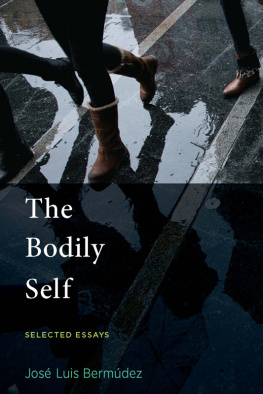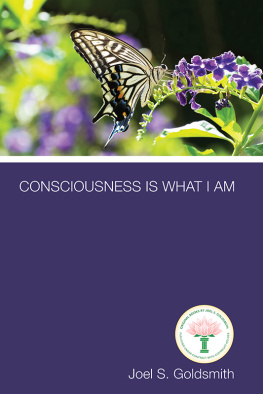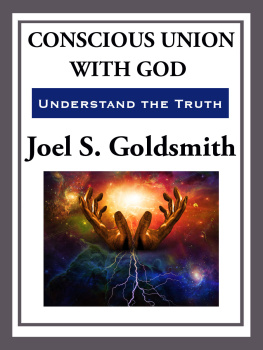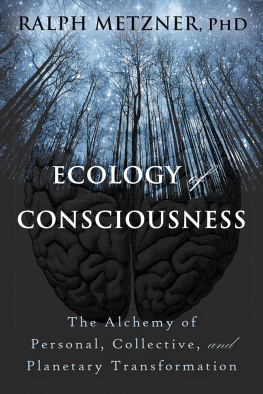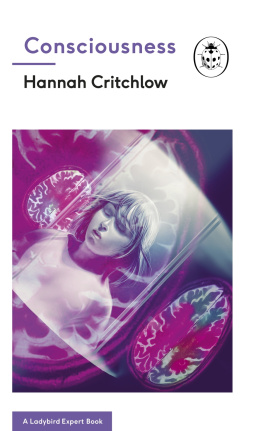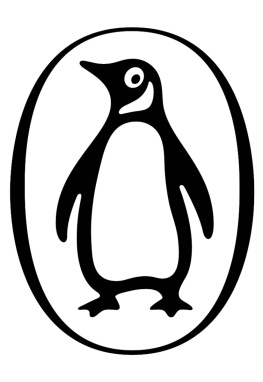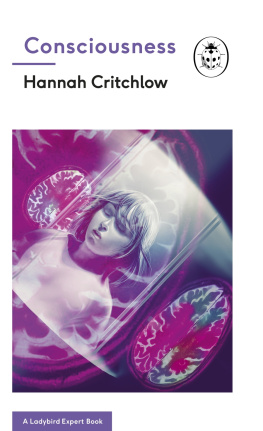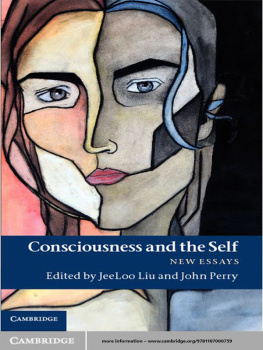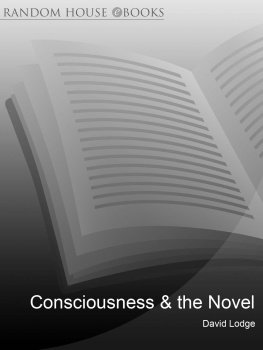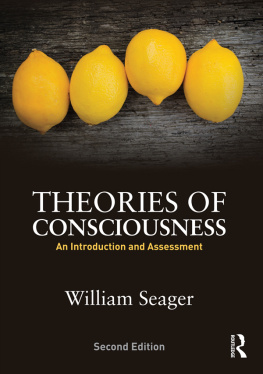
The Bodily Self
Selected Essays on Self-Consciousness
Jos Luis Bermdez
The MIT Press
Cambridge, Massachusetts
London, England
2018 Massachusetts Institute of Technology
All rights reserved. No part of this book may be reproduced in any form by any electronic or mechanical means (including photocopying, recording, or information storage and retrieval) without permission in writing from the publisher.
This book was set in ITC Stone Sans Std and ITC Stone Serif Std by Toppan Best-set Premedia Limited. Printed and bound in the United States of America.
Library of Congress Cataloging-in-Publication Data
Names: Bermdez, Jos Luis, author.
Title: The bodily self : selected essays / Jos Luis Bermdez.
Description: Cambridge, MA : MIT Press, 2018. | Includes bibliographical references and index.
Identifiers: LCCN 2017026383 | ISBN 9780262037501 (hardcover : alk. paper)
eISBN 9780262344654
Subjects: LCSH: Self (Philosophy) | Self-consciousness (Awareness) | Mind and body.
Classification: LCC BD438.5 .B465 2018 | DDC 128/.6--dc23 LC record available at https://lccn.loc.gov/2017026383
ePub Version 1.0
Preface and Acknowledgments
I have encountered many collections of previously published essays where authors report in the preface that they have successfully resisted the temptation to revise and update the work of their earlier selves. I admire their fortitude, but sadly have been unable to emulate it. Almost all of the essays that follow have been edited and reworked, some extensively so.
I have made stylistic changes throughout, both to improve readability and to standardize punctuation and spelling to the US model. I have also added cross-referencing notes and, where appropriate, updated references, particularly to the scientific literature. Some expository sections have been rewritten to avoid duplication and overlap. And in a few places, which I will not identify, weak arguments have been replaced with stronger ones (or so I hope).
Two essays have received a much more drastic treatment. Chapter 7 (Bodily Ownership, Bodily Awareness, and Knowledge without Observation) was originally published in Analysis, a journal that adheres to enviable standards of concision. On rereading the essay, however, I realized that there is a fine line between being concise and being cryptic. Accordingly, I substantially expanded this essay, which has nearly doubled in length. Chapter 10 (The Thinking Self, Commonsense Psychology, and the Springs of Action) appears here for the first time. Or more accurately, the title is here making its first appearance. The essay itself combines and develops material from two previously published papers, one of which (The Domain of Folk Psychology, 2003) was published in a volume of lectures delivered at the Royal Institute of Philosophy, while the other (Arguing for Eliminativism, 2005) appeared in a festschrift for Paul Churchland. Neither essay quite made the grade on its own, but the amalgam does, I hope, add value to this collection.
Each of the essays contains its own acknowledgments and thanks, all of which of course still stand. In addition, I would particularly like to record my debt to Philip Laughlin at the MIT Press for initially supporting this project and then for being a model editor. Thanks also to Judy Feldmann for copyediting and steering the book through the production process. It has been a pleasure to work again with the MIT Press, nearly twenty-five years after my first project with them.
Introduction: Understanding the Bodily Self
We, like many animals, are conscious of our environment, both physical and social. We think about and experience the objects and people that the world contains. But at the same time, those very thoughts and experiences can themselves become the objects of conscious thought and experience, so that we can think critically about them. When this happens, we are often thinking about ourselvesholding ourselves to account by evaluating our own reasoning, for example. According to a long philosophical tradition, rationality and self-consciousness go hand in hand. A rational thinker is one who constantly monitors her own thoughts and updates her beliefs in the light of changing evidence in order to ensure consistency and to increase the likelihood that they will track the truth.
Moreover, it is because we are aware of ourselves as temporally extended beings with a past and a future that we are able to develop a narrative understanding of our lives. The narrative we tell of ourselves can incorporate an interpretation of our personal history. This personal history, in turn, can inform a forward-looking sense of the kind of person we strive to be. That forward-looking sense of how we want to turn out sets the agenda for our plans and projects. It also sets the agenda for how we navigate the social world, for how we engage with other people and with institutions.
The fundamental source for these (and many other) abilities and achievements is our capacity for self-consciousness, or self-awareness. This capacity is at the heart of much of what is typically taken to be distinctively human. Some aspects of self-consciousness have been studied extensively. Every student of philosophy will be familiar, for example, with Descartess cogito ergo sum. Most will have encountered Kants guiding idea, in the Critique of Pure Reason, that self-consciousness and consciousness of the physical world are inextricably linked.
For Descartes, Kant, and many other philosophers, self-consciousness is a phenomenon closely tied to language. Kant famously wrote of the I think that accompanies all my representations. To be self-conscious for Kant (and again, for many others) is to be capable of thinking about oneself in a special way. He took that special way of thinking of oneself to be coeval with the ability to refer to oneself using the first person pronoun I (or its equivalent in other languages). And this is not surprising. The ability to think about oneself and the ability to refer to oneself seem inextricably linked. After all, how can one think about oneself without referring to oneself in thought? And, many have thought, referring to oneself in thought is really just an internalized form of how one refers to oneself in public language. It is no accident that self-conscious thoughts are often referred to as I-thoughts.
The close connections between self-conscious thought and linguistic self-reference raise many fascinating and important questions. I explore some of them in my recent book Understanding I: Language and Thought (). However, they are not the focus of the essays in this volume. In one form or another, all of the essays collected here explore different dimensions of a single basic idea. This guiding idea is that the rich and sophisticated forms of self-consciousness with which we are most familiar (not just as philosophers or psychologists, but also as ordinary, reflective individuals) rest on a complex underpinning that has largely been invisible to students of the self and of self-consciousness.
Full-fledged linguistic self-consciousness emerges from multiple layers of more primitive forms of self-consciousness, and, even when linguistic self-consciousness is fully operational, these more primitive forms of self-consciousness persist in ways that structure and frame self-conscious language and thought. Moreover, and unlike linguistic self-consciousness, these primitive forms of self-consciousness extend widely throughout the animal kingdom. Some are present in human infants from the earliest moments outside the womb.
Next page
